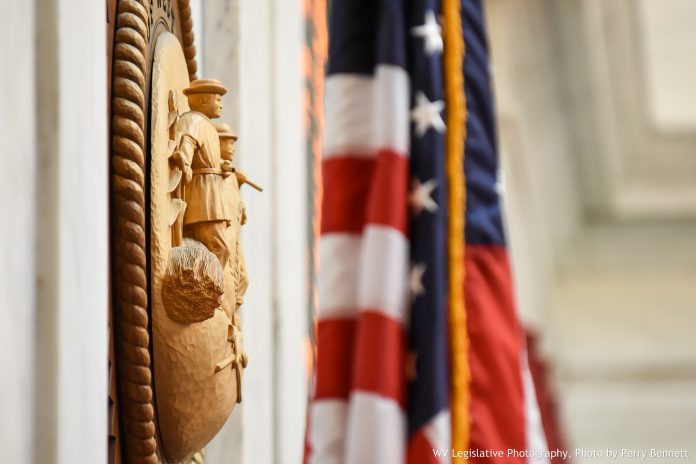House Legislation Would Up Fines and Community Service
West Virginia is known as much for her natural beauty, forests, mountains, rivers and streams as it is known for anything else. In a continuing effort to keep West Virginia clean, the House of Delegates passed a bill this week, House Bill 4014, which would increase the criminal penalties for littering.
The changes to current law included in this proposed legislation make the potential fines much more substantial while also eliminating the ranges and increasing the community service for convictions for littering.
The fine, upon conviction, for littering amounts less than 100 pounds or 27 cubic feet would increase from a range of $100 to $1,000 and instead makes the penalty $1,000. It would also change the community service from a range of 8-16 hours to 100 hours.
Additionally, the fine, upon conviction for littering amounts more than 100 to 500 pounds or 27 to 216 cubic feet would also increase from a range of $1,000 to $2,000 to a fine of $2,000. The community service penalty for this offense would increase from 16 to 32 hours to 200 hours. In both instances the words “or both” have been removed to indicate the court must decide between the monetary or community service penalties rather than a combination of both, as is currently permitted.
Finally, the proposed bill sets the fine and penalty for a conviction of littering more than 500 pounds or greater than 216 cubic feet at between $2,500 to $25,000 as well as confinement in jail for no more than one year, or both. The bill would also double the penalty for a second or subsequent violation.
Potentially, the increased fines and community service will go far to discourage people from littering and throwing their waste away recklessly. It is suspected the state spends over $1 million cleaning up litter from the state highway system alone. Litter does more than degrade the quality of life and damage the natural beauty of the state, it harms the animals, costs taxpayers in cleanup costs and, may impact business and residents from locating in West Virginia.
The bill passed the House unanimously and must now be considered by the Senate for final approval.

